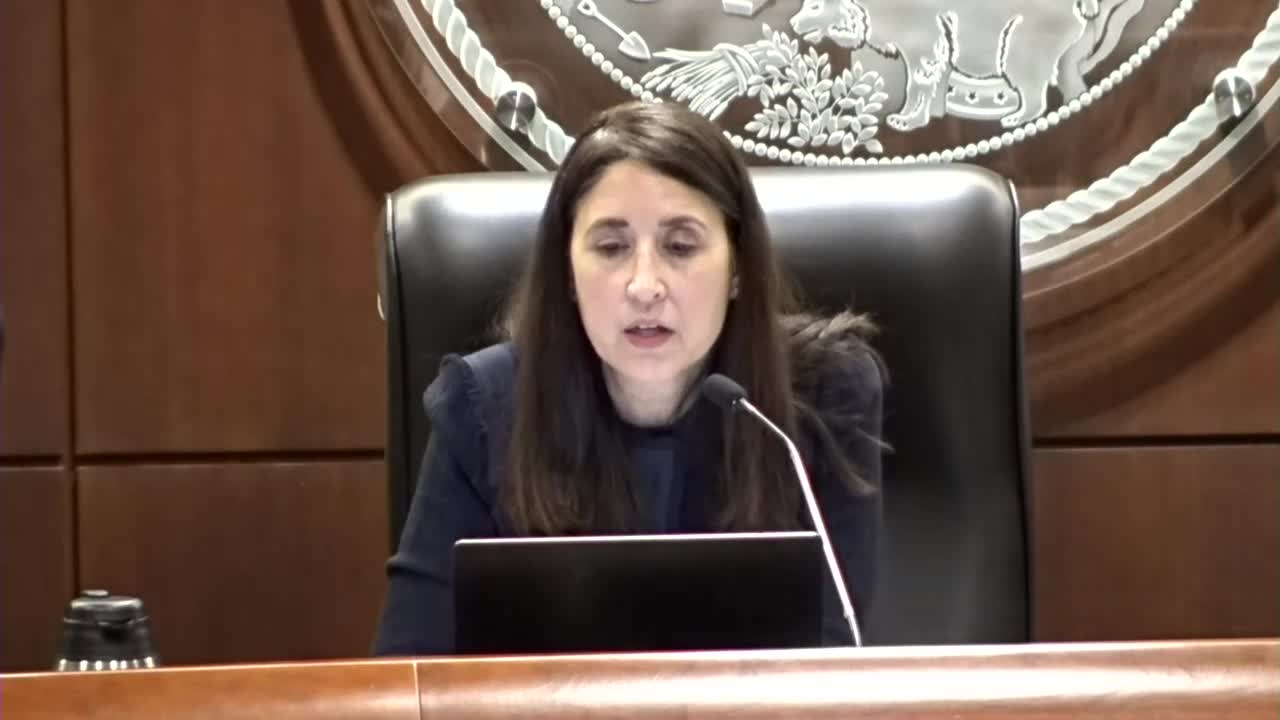Article not found
This article is no longer available. But don't worry—we've gathered other articles that discuss the same topic.
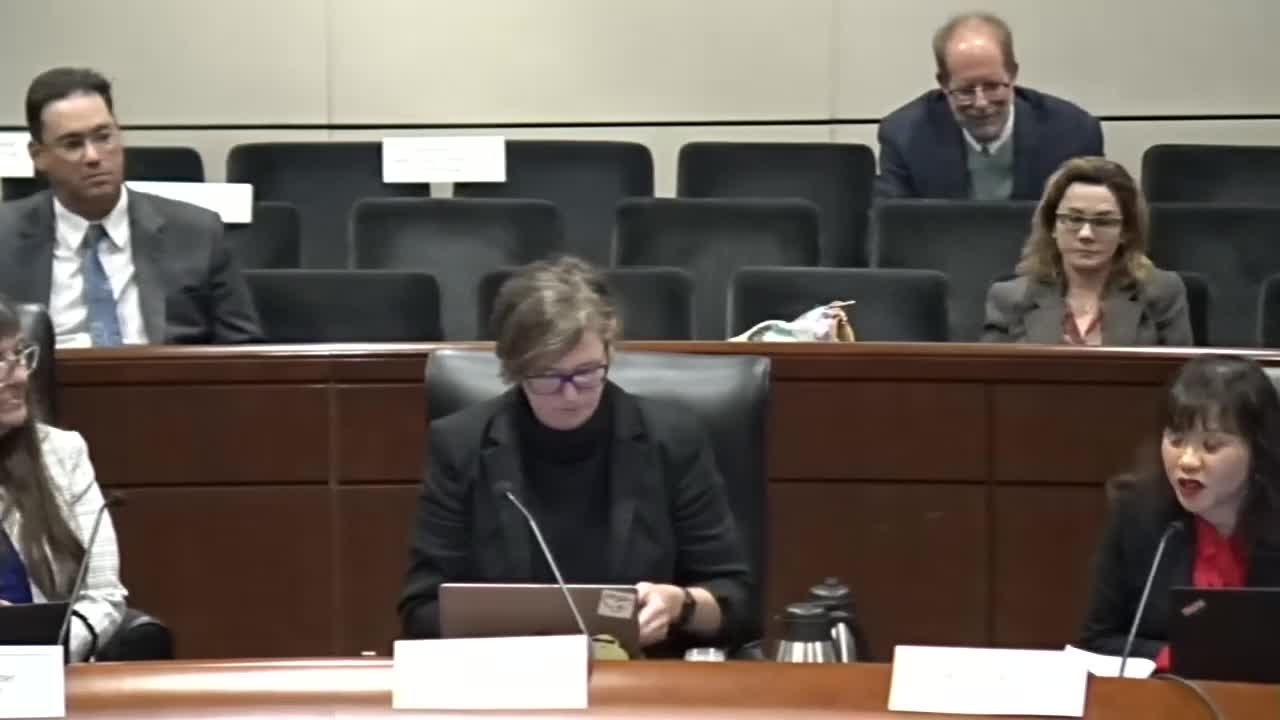
Legal Services Trust Fund Commission reports growth in grants, highlights homelessness prevention and CARE Court funding
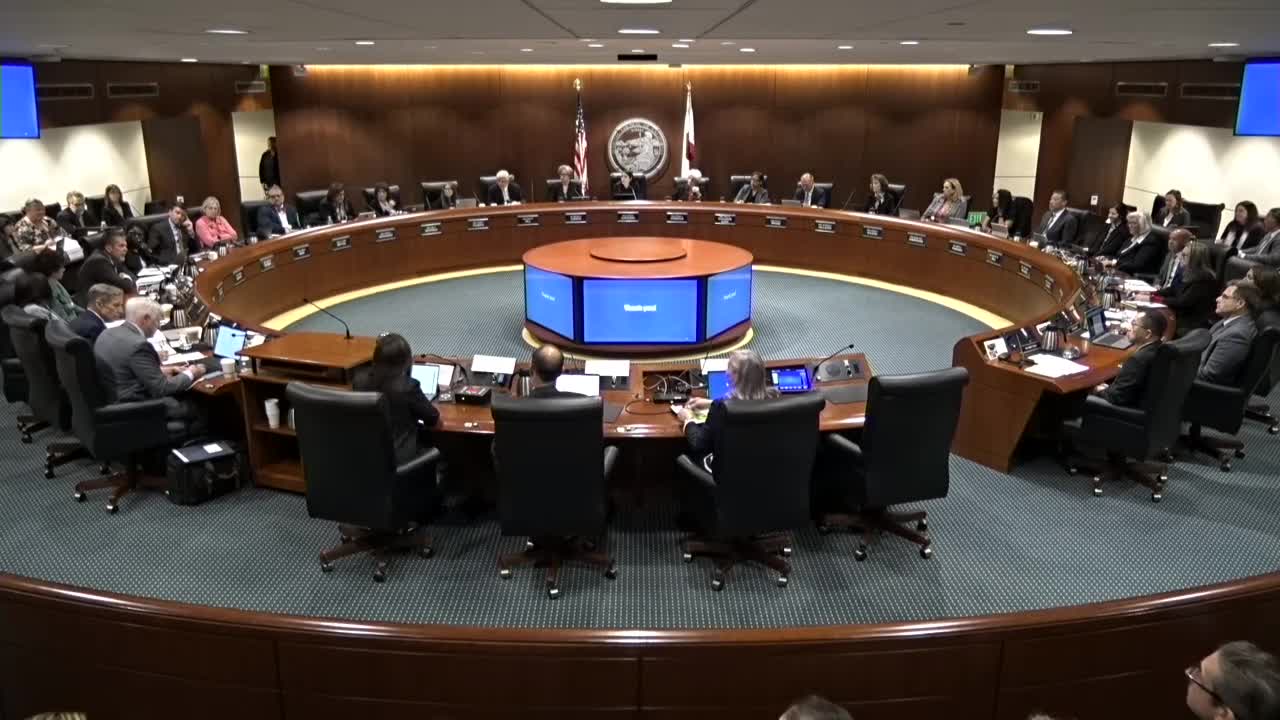
Council reviews jury instructions, implicit-bias guidance and juror experience improvements
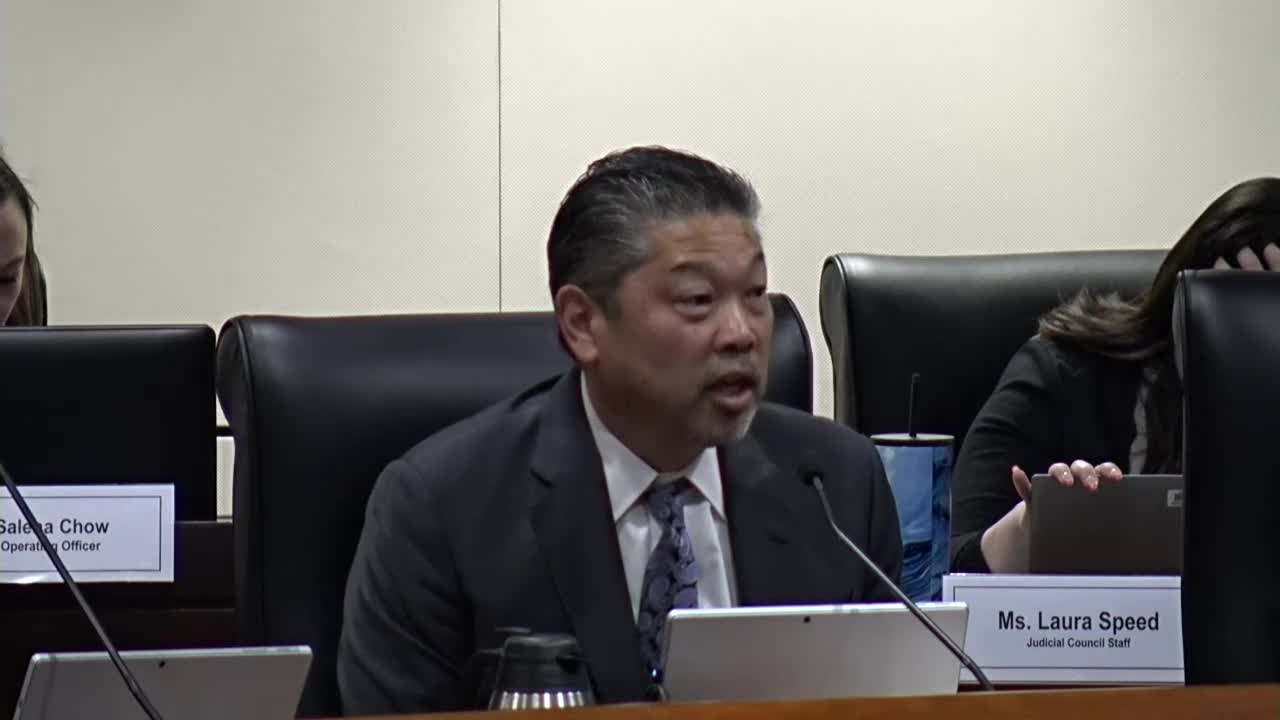
Council adopts branch tactical plan for technology, adds emerging-technology initiative
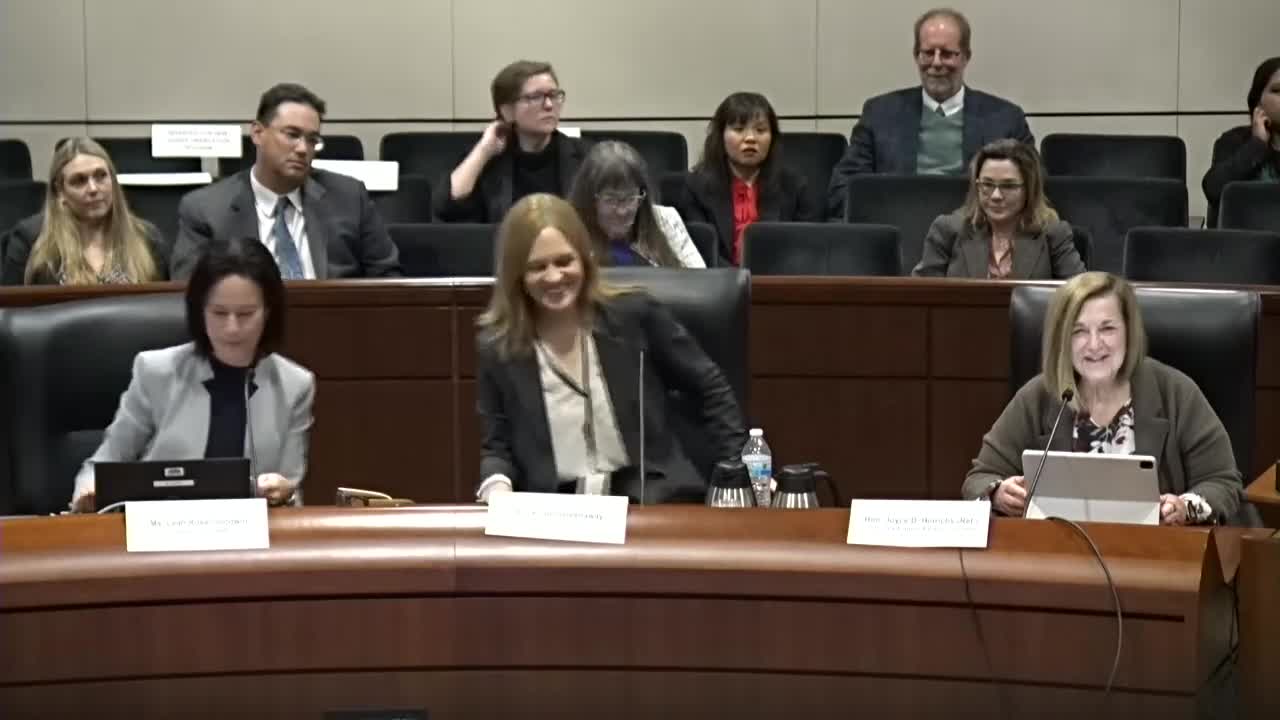
Judicial Council approves updated Resource Assessment Study (RAS) case weights after 2024 time study
